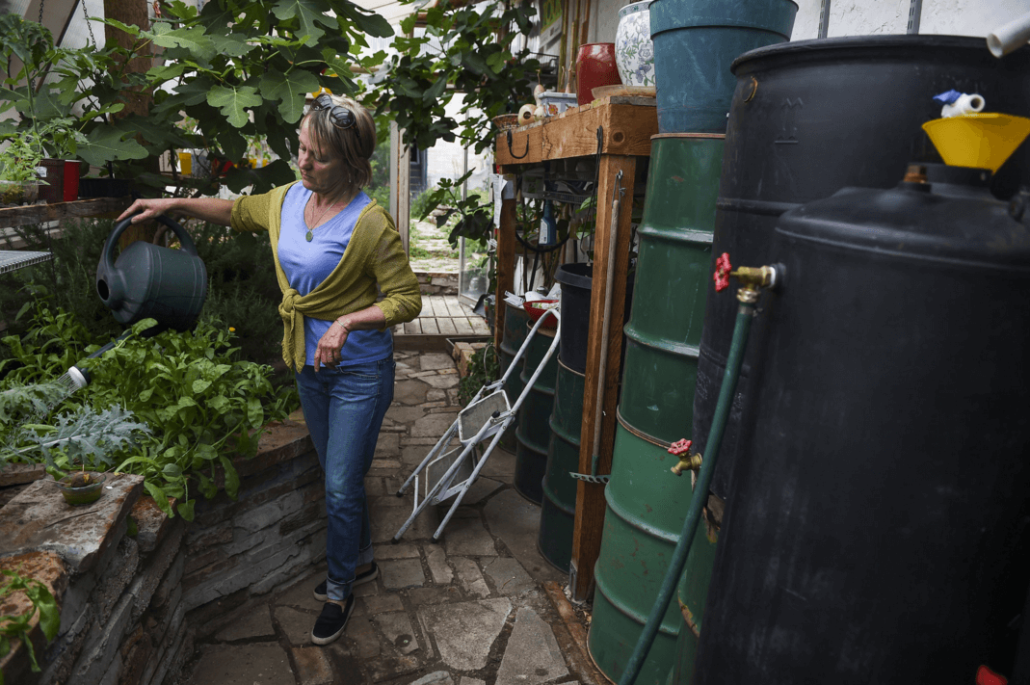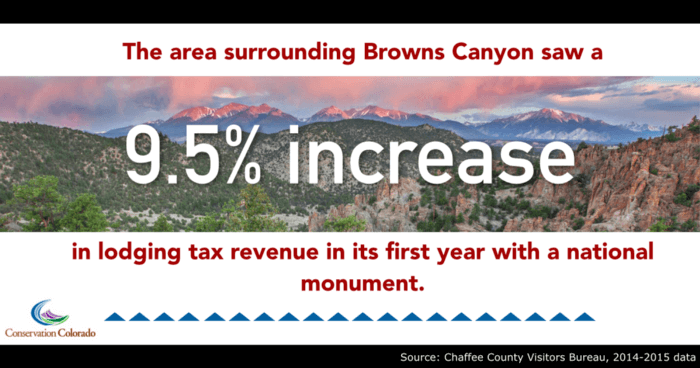Written by Audrey Wheeler
You’ve probably seen the headlines.
It’s no secret that water is scarce and highly controversial in Colorado and across the western United States. Because this issue has such a broad scope and is so complicated, it is notoriously difficult to reach compromise. We face increasing demands, shrinking supply, threats to our agricultural economy, and concerns over pumping more from our river to quench the urban thirst.
No wonder it earned the motto: “Whiskey is for drinking, water is for fighting.”
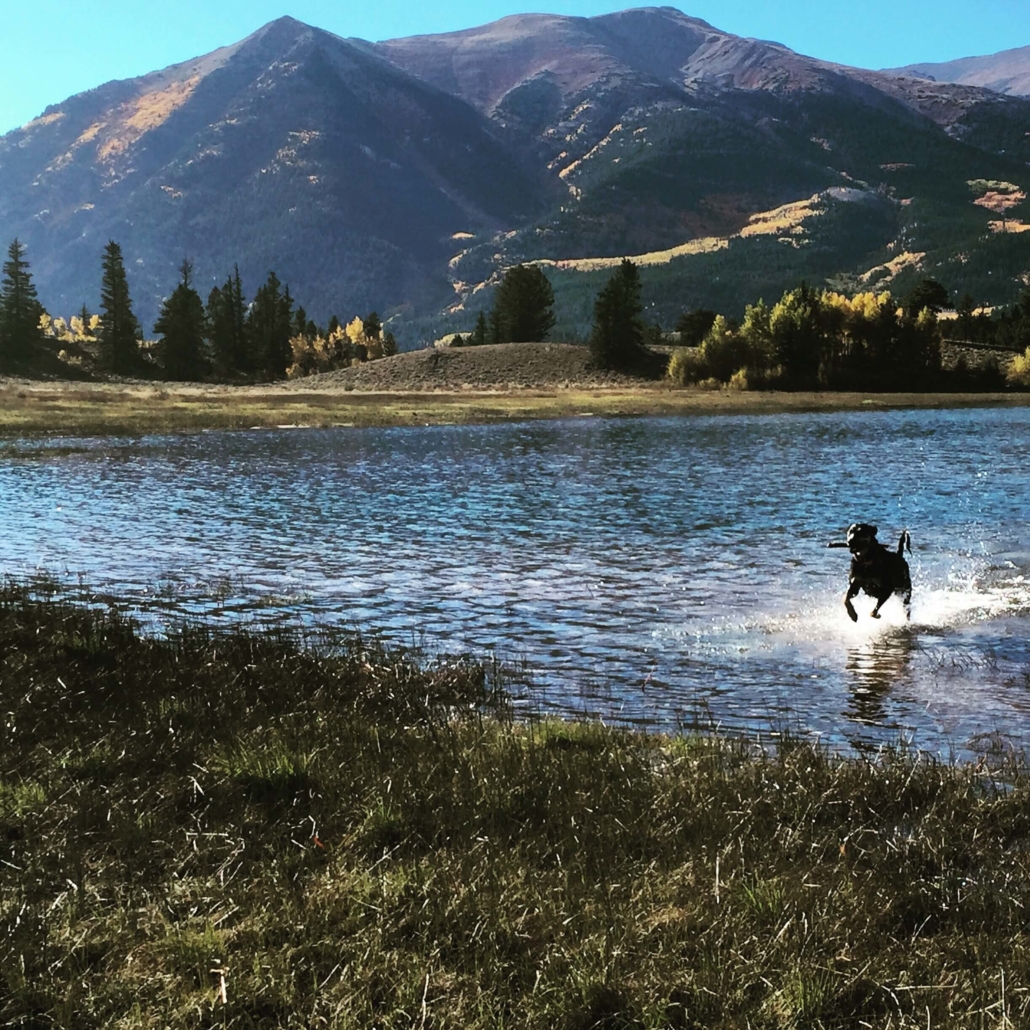 But in Colorado, we’re committed to tackling these challenges. After an extensive — and collaborative — process, the state released the first-ever Colorado Water Plan last November. The Plan strives to change the way we manage and value water here in Colorado. Water is an invaluable resource that defines who we are as Coloradans and the place we call home, and it needs to be recognized as such in our policies. The Plan embeds water values that must be reflected into policy, like a productive economy and a strong environment. It also makes conservation a priority by setting a statewide conservation goal.
But in Colorado, we’re committed to tackling these challenges. After an extensive — and collaborative — process, the state released the first-ever Colorado Water Plan last November. The Plan strives to change the way we manage and value water here in Colorado. Water is an invaluable resource that defines who we are as Coloradans and the place we call home, and it needs to be recognized as such in our policies. The Plan embeds water values that must be reflected into policy, like a productive economy and a strong environment. It also makes conservation a priority by setting a statewide conservation goal.
So how will we meet this new conservation goal? It’ll take technology combined with changes in behavior. But one easy way to conserve water is still illegal in Colorado: Rain Barrels!
Rain barrels are common-sense tool for sparking behavioral change in terms of water use. They were considered inconsistent with our prior appropriation system of water rights that tightly controls our water. But legalizing rain barrels is overwhelmingly supported: it’s had bipartisan support in the legislature and has become popular with the public, as evidenced in an online poll recently run by the Denver Post (below).
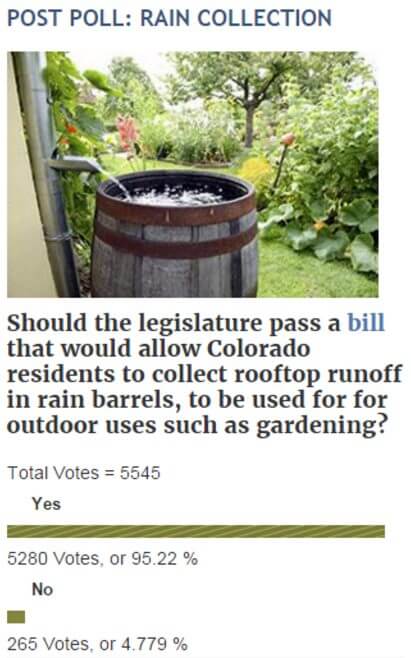 State Representatives Jessie Danielson and Daneya Esgar have been working tirelessly to lift the ban on rain barrels and let people use this conservation tool in their backyards. Their bill, House Bill 16–1005 for “Residential Precipitation Collection”, recently passed the House in an incredible 61–3 vote.
State Representatives Jessie Danielson and Daneya Esgar have been working tirelessly to lift the ban on rain barrels and let people use this conservation tool in their backyards. Their bill, House Bill 16–1005 for “Residential Precipitation Collection”, recently passed the House in an incredible 61–3 vote.
This kind of bipartisan support is somewhat of a unicorn for Colorado — especially when talking about water. So how did they do it?
It wasn’t a walk in the park. Before the House voted on the bill, Reps. Danielson and Esgar put in herculean efforts to keep the door open for stakeholders to make their voices heard throughout the process. They reached out to numerous groups including farmers, ditch companies, water providers, local municipalities, conservation groups, and other stakeholders. They presented at Colorado Water Congress’ State Affairs meeting (where water resources policy and legislation are vetted and discussed), and they did public outreach to make sure they got it right. Committed to hearing concerns from their opposition, the legislators agreed to amend the bill to address concerns that urban rain barrel use would impact downstream users downstream uses (though a study by CSU found rain barrels have no measurable impact).
Meanwhile, outside the Capitol there has been a groundswell of support and interest in this bill. Nearly every major newspaper in the state has issued an editorial in support of the bill. This is in addition to the countless articles, letters to the editor, emails and calls to legislators in support.
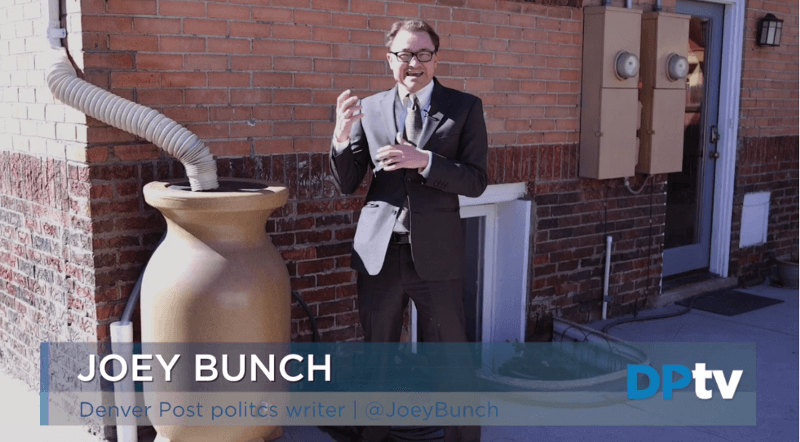
The Denver Post’s Joey Bunch with a rain barrel. Watch his video here.
And it’s working.
In fact, several representatives who previously voted against the bill actually got up and voiced their newfound support when it was up for vote on the House floor.
“This is a responsible way to look at rain barrels and also respects our prior appropriation system.” — Rep. John Becker (R)
“I voted against it last year but given the hard work and thoughtfulness that’s gone into this I can now be a yes vote.” — Rep. Paul Lundeen (R)
As Rep. Crisanta Duran put it on the House floor, “We’re voting on peace, love, and rain barrels.”
But lifting the ban on rain barrels is not a done deal yet. The bill will next work its way through the Senate, where it died last year due to just one Senator stalling it in his committee. Fortunately, after the promising start in the House, there’s a good chance it’ll do well in the Senate. Senator Michael Merrifield is carrying the torch and is committed to getting this bill passed in the Senate.
So, in the name of peace, love, and rain barrels — here’s to hoping we can legally catch this summer’s downpours to use for something good.
Read more: Supportive editorials from around the state
(3/05) EDITORIAL: It’s still a crime to catch the rain — Colorado Springs Gazette
(3/03) Rain barrels — Durango Herald
(3/01) Editorial: Colorado should allow rain barrels — Loveland Reporter-Herald
(2/22) Tribune opinion: Arguments against rain barrels don’t hold water — Greeley Tribune
(2/23) Rain barrels and runoff — Grand Junction Daily Sentinel
(2/13) Colorado should give green light to rain barrels — Denver Post
(1/21) When in drought, stop holding residents over a rain barrel — Aurora Sentinel

